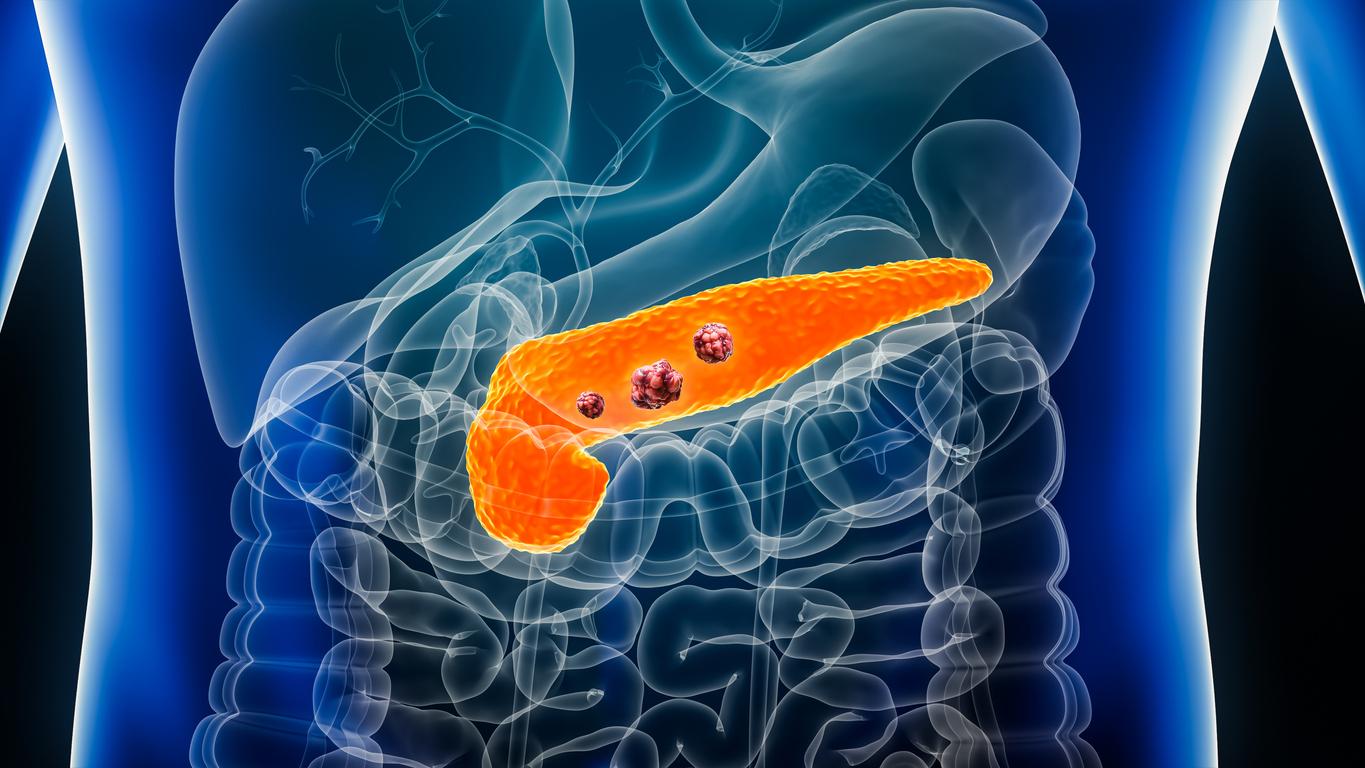Replacing red meat with plant-based protein sources may reduce the risk of type 2 diabetes, a new study suggests.

- Eating two or more servings of red meat per week leads to an increased risk of developing type 2 diabetes, according to Harvard researchers.
- The risk increases with both processed and unprocessed red meat.
- Scientists call for favoring plant proteins such as nuts and legumes.
Eating more than one serving of meat per week leads to an increased risk of developing type 2 diabetes. Here are the conclusions of a study conducted by Harvard researchers and published in The American Journal of Clinical NutritionOctober 19, 2023. The team offers an alternative to beef, pork and lamb: vegetable proteins.
Type 2 diabetes: red and processed meat increases risks
For this study, researchers analyzed the files of 216,695 people. Their diet was assessed using food frequency questionnaires completed every two to four years. Follow-up lasted until age 36. During this period, more than 22,000 participants developed type 2 diabetes.
Analysis of the data collected revealed that people who consumed the most red meat, processed or not, had a 62% higher risk of developing type 2 diabetes compared to those who ate less. Additionally, each additional daily serving of processed red meat was associated with a 46% increased risk. It rose by 24%, if the product was not processed.

Proteins: plant products should be favored
Researchers also looked at the health effects of other protein sources. They found that replacing red meat with a serving of nuts and legumes reduced the risk of developing diabetes by 30%. Similarly, replacing red meat with dairy products was associated with a 22% lower risk. This study therefore highlights the importance of limiting the consumption of beef, pork and lamb to favor plant-based protein sources in order to reduce the risk of type 2 diabetes.
“Given our findings and the previous work of others, a limit of approximately one serving per week of red meat would be reasonable for people who want to optimize their health and well-being“, confirms lead author Walter Willett, professor of epidemiology and nutrition in a communicated.

















